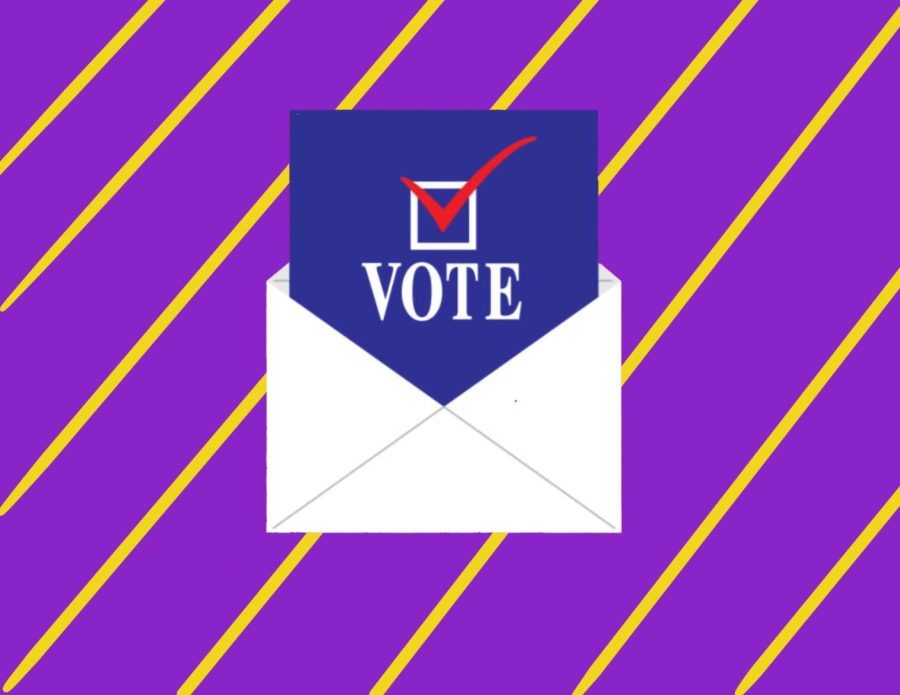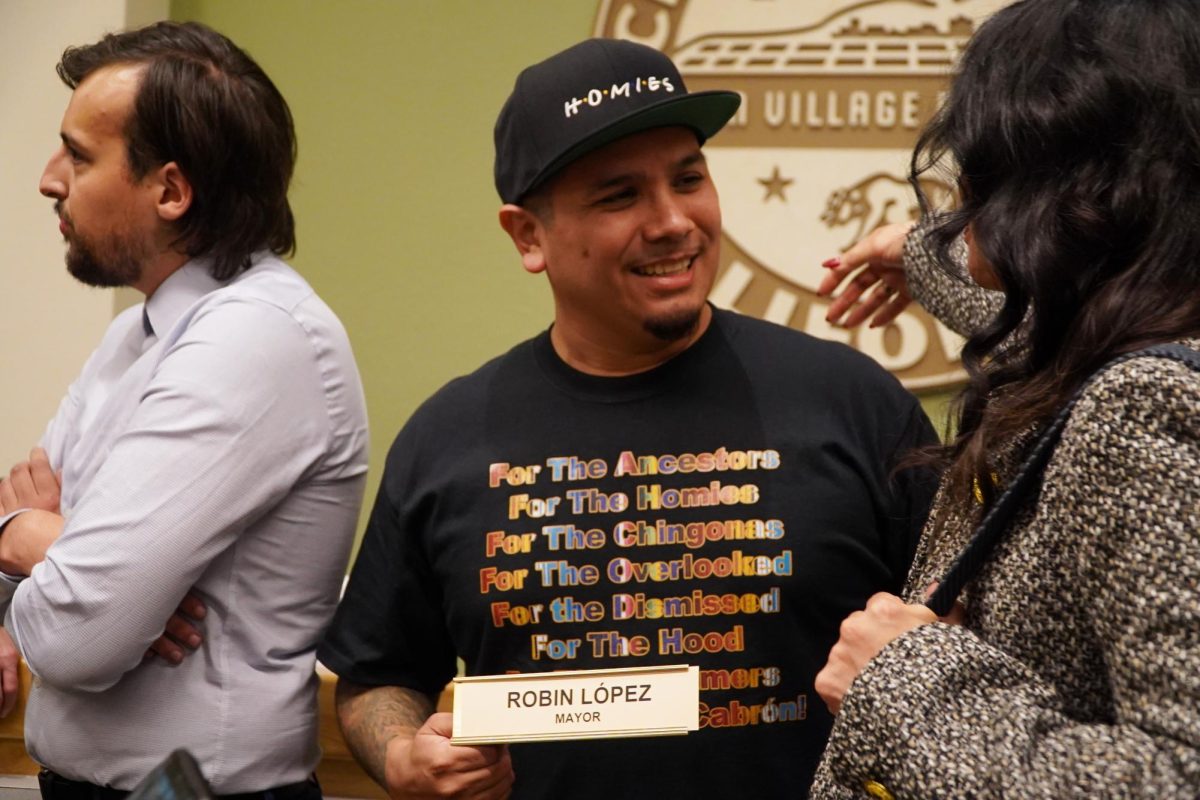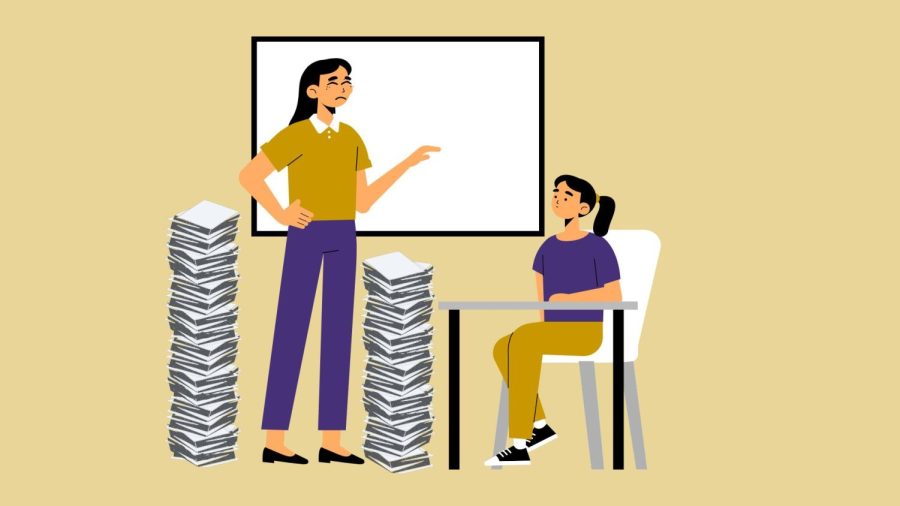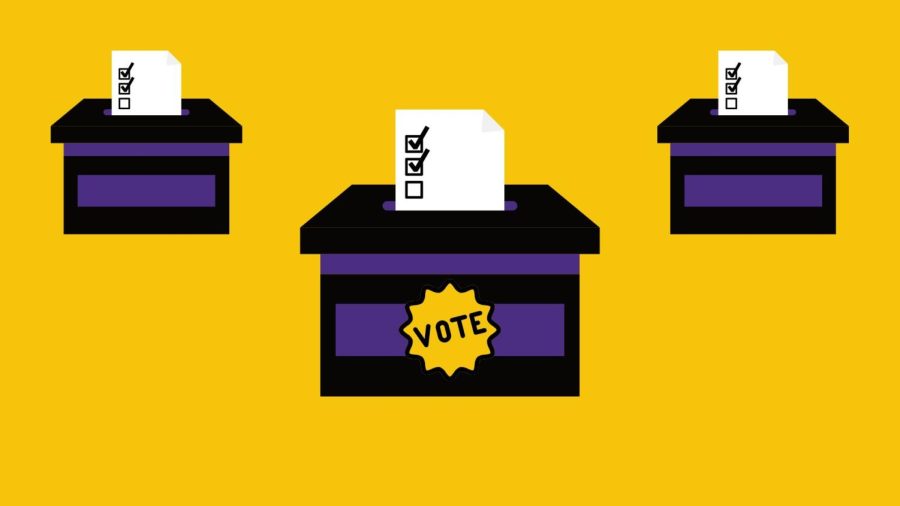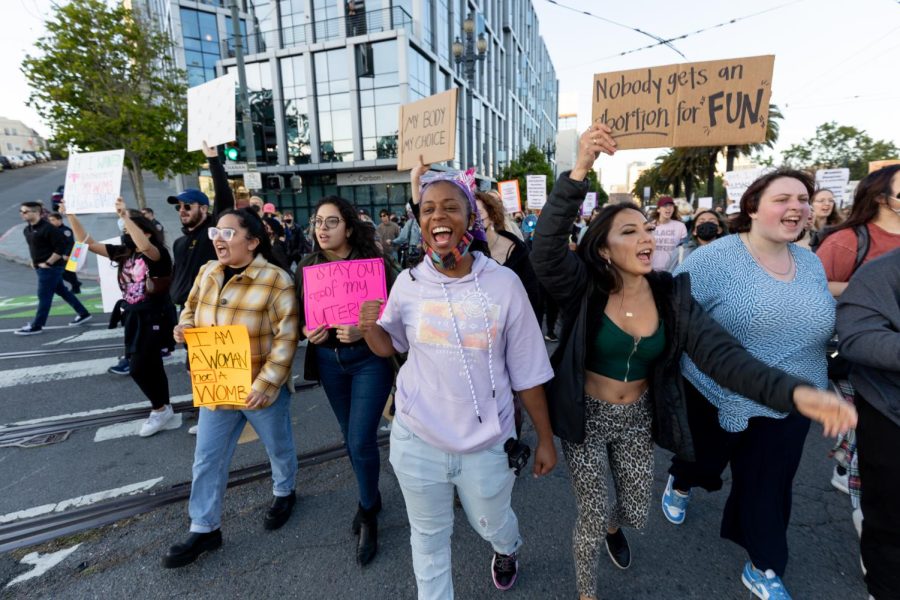The California state primary election is set to take place on June 7. In addition to the local and statewide races, San Francisco voters will decide on eight local ballot measures. These measures include whether or not to recall District Attorney Chesa Boudin, reform the recall process itself, fund Muni improvements and create a new city government office dedicated to victims’ rights.
San Francisco ballot measures
Proposition A: Muni reliability and street safety bond
If passed, Proposition A would allow the city to issue up to $400 million in general obligation (GO) bonds – a bond where repayment is guaranteed through revenue of projects or property tax revenue – to fund the city’s transportation infrastructure. This would include funding for projects such as improving street safety features, traffic signals and San Francisco Municipal Transportation Agency repairs and upgrades.
Proposition A would also allow landlords to pass over up to 50% of the resulting increase in property taxes to tenants; San Francisco’s current debt management policy is to keep the property tax rate at or below the 2006 rate.
Proposition B: Building inspection commission
If passed, Proposition B would change the appointment process and qualifications for Building Inspection Commission members. The mayor would appoint the director of the Department of Building Inspection .
The BIC supervises building inspections and is responsible for enforcing, administering and interpreting the city’s housing, building, mechanical, electrical and plumbing codes.
Under Proposition B, the BIC would submit up to three candidates for director and the mayor would make the appointment. Proposition B would also change requirements for BIC nominees so that two of the nominees must be either a structural engineer, an architect or a residential builder.
The board president must nominate either a residential tenant or an employee of a nonprofit housing organization for the last candidate. All nominees would need approval by the Board of Supervisors before they are appointed.
BIC members serve two-year terms and must meet specific qualifications. The mayor’s appointees must include: a structural engineer, a licensed architect, a residential builder and a representative of a nonprofit housing developer. BIC appointees are not subject to approval by the Board of Supervisors and the BIC has the authority to select and remove the DBI director.
Proposition C: Recall timelines and vacancy appointments
Proposition C would reform the recall process. Under Proposition C, a recall petition can only start if the elected official has been in office for at least one year. It would also block a recall election if the next election for the official in question is within one year. In addition, a person selected to fill a vacancy can’t be a candidate for the following election.
Currently, you cannot start a recall petition if the elected official has held office for less than six months or if that official’s term of office will end within six months.
Proposition D: Office of Victims and Witness Rights
Proposition D would create the Office of Victims and Witness Rights within City Hall. This office would be responsible for providing and organizing city services for all victims of a crime and create programs that provide free legal services for victims of domestic violence.
Proposition E: Behested payments
Proposition E would add restrictions to prevent city officials from seeking behested payments —donations sought by public officials to benefit a government agency or private organization. Currently, city law prohibits city officials to seek behested payments but excludes members of the Board of Supervisors, and it also permits the Board of Supervisors to amend the current law by majority vote. Proposition E would amend the current law to additionally prohibit members of the Board of Supervisors from pursuing behested payments and make it so the board can’t amend the law without authorization from the city’s Ethics Commission.
Proposition F: Trash collection and disposal
If passed, Proposition F would change the membership of the city’s Refuse Rate Board and expand the board’s authority to include setting commercial rates for waste collection. Currently, the board only sets residential rates. Additionally, it will change how waste rates and policies are set.
Under Proposition F, the board members would fill the positions of general manager of the San Francisco Public Utilities Commission, city administrator, and ratepayer representative. The city controller, the primary accounting officer and auditor for San Francisco and Public Works, would take on new responsibilities as the refuse rate administrator making them responsible for proposing new trash collecting rates, instead of the Public Works director. These changes would allow San Francisco to have more oversight into Recology. Proposition F needs a simple majority to pass.
Proposition G: Public health emergency leave
Proposition G would require private employers to provide paid leave for public health emergencies. The amount of leave each year would be equal to the hours an employee regularly works in a two-week period with a set maximum of 80 hours. The paid leave can only be used during a public health emergency which would include: a local or state health emergency relating to any infectious disease declared by a local or state health official or when a Spare the Air Alert is in effect.
Employees would be able to use their public health emergency leave when: the employee or their family member is unable to work because of a health order, the employee or their family member experiences symptoms of the disease or tests positive for the illness, has respiratory issues, is pregnant or is at least 60 years old when a Spare the Air Alert is in effect or the employee primarily works outside and has a heart or lung disease..
Proposition H: Recall measure regarding Chesa Boudin
Proposition H is a recall measure that would remove Chesa Boudin from the Office of District Attorney. If passed, Boudin would be removed 10 days after the Board of Supervisors declares the election results and the mayor would then appoint a replacement. San Franciscans will be able to vote for the District Attorney position on Nov. 8 per the regular scheduled election.
How and where to vote
May 23 is the last day to register to vote for the primary election. To check or update your voter registration status, visit voterstatus.sos.ca.gov. Those who miss the deadline to register 15 days before an election can complete the provisional voter registration process known as the, “Same Day Voter Registration.”
Every registered voter received a ballot in the mail, per California law. Ballots can be returned by mail, at a secure dropbox or in person. To make sure a vote-by-mail ballot is counted, it must be postmarked on or before Election Day, June 7 and received by the county elections office no later than June 14.
Be sure to check collection times if a USPS collection box is used to return a ballot. Once the ballot is returned, voters can track their vote-by-mail ballot at WheresMyBallot.sos.ca.gov.
If returning a ballot in person to the City Hall Voting Center, an official ballot dropbox or a polling place, voters must do so no later than 8 p.m. on June 7. To vote in person, use the Voting Site and Wait Times Lookup Tool to find a nearby polling place and check wait times.
The Xpress California primary election voting guide was created as a comprehensive resource to clarify what each proposition entails as well as provide essential voter information.




